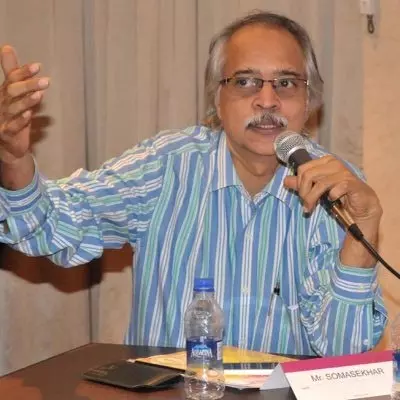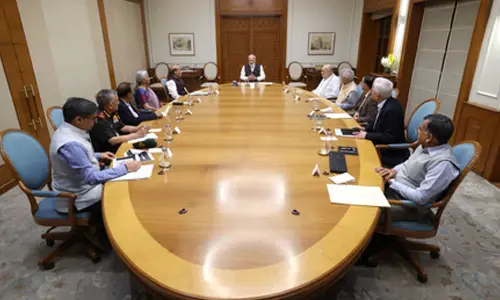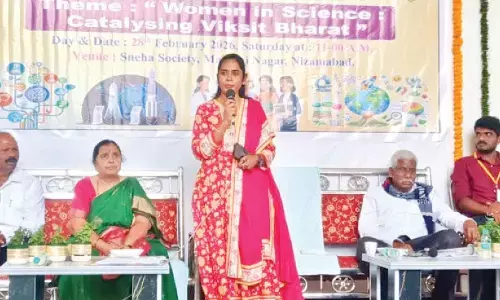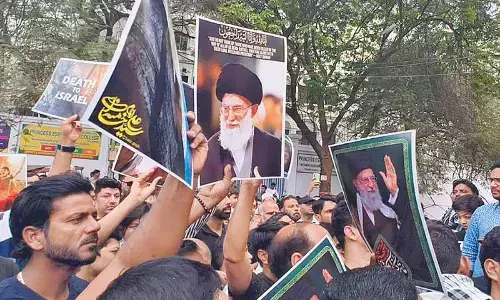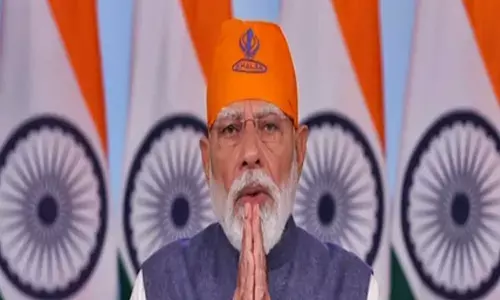What Vikram S success means to our space tech
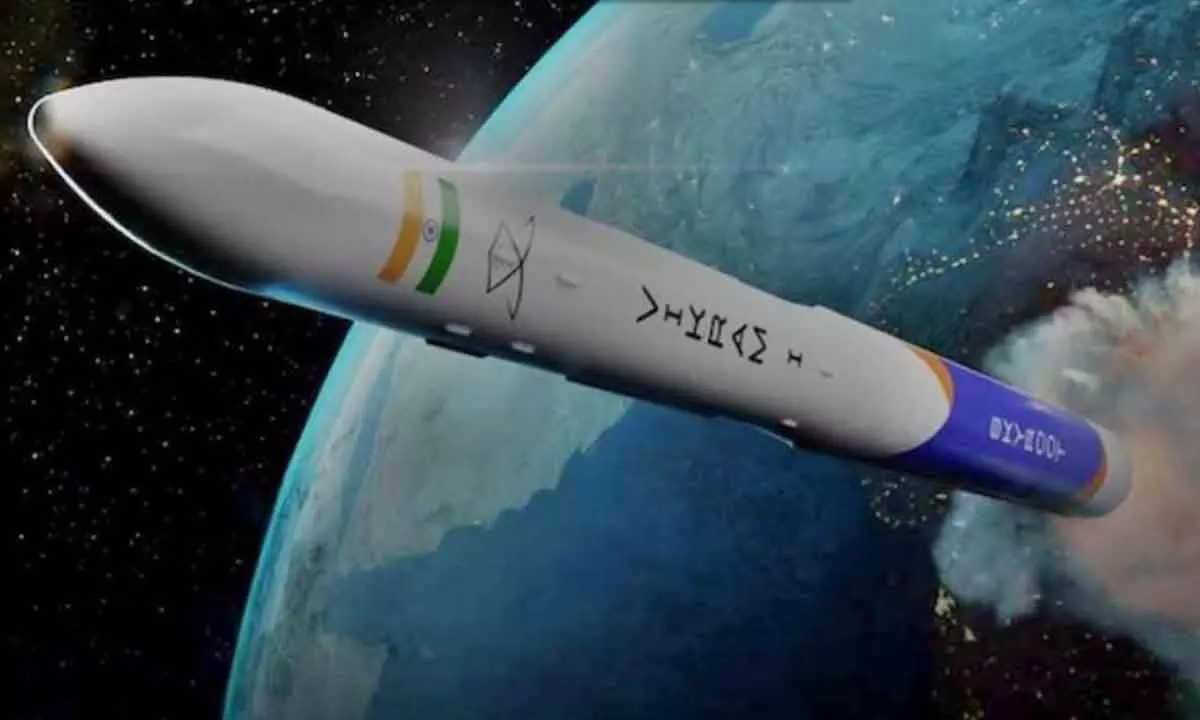
The success of Skyroot Aerospace augurs well for the overall Indian space sector and specially to the private, which can bring in huge investments and participation in the exciting, expensive, risky but lucrative business in the long term
Hyderabad: It was a perfect 'Prarambh' (beginning) that one could have asked for. The history-making first launch of the Vikram-S rocket, built by the city-based Skyroot Aerospace and launched from the SHAR Spaceport, Sriharikota, on November 18, opens tremendous opportunities for space technology and business.
The multi-million dollar market for small satellites in Low Earth Orbit (LEO), which is up to 1,000 km from the earth in outer space, is growing rapidly. Having a cost-effective Satellite Launch Vehicle (SLV) with a capacity to carry smaller payloads (satellites) up to a ton is an asset. In addition, being among the early entrants with this capability gives Skyroot a good opportunity to emerge as a significant player in future.
The startup founded by Pawan Kumar Chandana and Naga Bharat Daka in 2018 has a series of 3 Vikram rockets in various stages of development. The uniqueness is these are the world's first all composite, sub-orbital launch vehicles. It makes them lighter, tougher and withstand hostile conditions in space.
The estimated market for the launch of small satellites into LEO is expected to be $15 billion by 2027. In numbers, it translates to about 7,000 small satellites, as per industry studies. These satellites are mostly involved in imaging of the earth. The applications of the images range from telecommunications, navigation, mapping resources to doing space-based experimental research. At present, the leader in the commercial launch segment is Rocket Lab, based in the US.
Skyroot is focused on building smaller rockets, placing smaller satellites (less than 500 kg) with an average of 2-3 commercial launches. Simultaneously, it is working towards reusable rockets and better materials and technologies that will lower the overall costs.
Its success will be decided by the competitive and cost differential it can make in the costs of payload. At present the big launch vehicles charge about $20,000 per kg, and ISRO offers a slightly lesser price for its PSLV. Space X of Elon Musk is targeting to dramatically lower it to $5000 per kg with its mastery of reusable rockets soon.
However, for the biggies like Space X, Arianespace or even ISRO, the market in the launch of heavier satellites into the Geosynchronous Stationery Orbit or bigger space missions is lucrative than in the LEO space.
Skyroot has been successful in attracting impressive investment like the $51 million recently to fast-track its development process. It has built up a quickly scalable technology, vendor and manufacturing base. It has expertise in all the needed areas of launch vehicles, propulsion systems and fuels. With the solid backing of the ISRO and drawing on the expertise of the aerospace talent available in Hyderabad, Skyroot is poised to make a mark.
The quick strides made by startups like Skyroot, Agnikul, Bellatrix, Pixxel have already spawned over 100 registered entities with the ISRO. The union government's proactive space policy of 2020 has already given shape to the INSPACe, the commercial entity to promote space in the country with Pawan Goenka as its chief. The larger players like L&T, Adanis, too, have entered the field to build the Polar Satellite Launch Vehicles in larger numbers.
The success of Skyroot Aerospace augurs well for the overall Indian space sector and specially to the private, which can bring in huge investments and participation in the exciting, expensive, risky but lucrative business in the long term.

